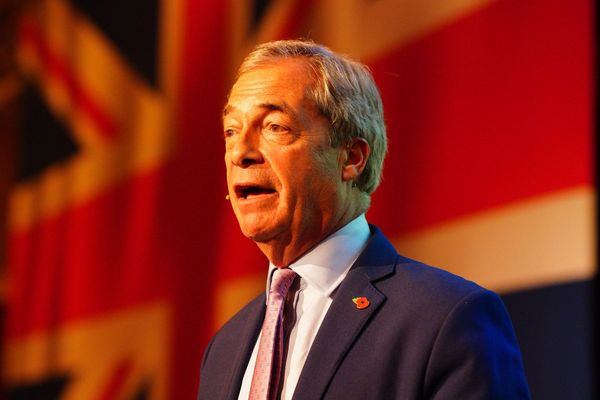A headstone has been installed at the grave of an 'inspiring' Liverpool woman which has been unmarked since the Victorian era.
Believed to be the first woman in England to convert to Islam, Fatima Elizabeth Cates played a leading role in the country's first mosque on Brougham Terrace, and suffered attacks with stones and horse manure for her beliefs. Since 1900, her body lay in an unmarked grave in Anfield cemetery while the legacy of Abdullah Quilliam, the mosque's founder, was preserved in a society named after him and in his own Wikipedia page.
That changed this month when a headstone was erected before evening prayers one Friday, the Muslim day or worship. This was thanks to the £1,700 raised in 24 hours on GoFundMe by Amirah Scarisbrick, a mum from Toxteth who converted to Islam.
READ MORE: Church where whispering is banned and one is now a McDonald's restaurant
With a fellow convert, Amirah visited the grave where she shared a high five and a hug with her friend to mark the moment Fatima's resting place was finally recognised. She told the ECHO: "We said some prayers by the graveside and I was thinking she'll be thinking, 'What's this disruption? The grave's been quiet for 120 years and there's somebody knocking me about'."
Unmarked for more than a century, the exact location of Fatima's grave was found by Hamid Mahmood, a secondary school teacher in London, who named his madrasah, an Islamic weekend school, after her. The 37-year-old previously told the ECHO: "Being a Muslim who was brought up here, and having a madrassa aimed at children born here, who grew up here and spent all their lives here, I wanted to give them something that was from the country itself, and I found that in Fatima Elizabeth Cates."
He added: "They are taken aback by the story, they feel a connection, they feel that there are what we could call elders, pious predecessors or saints who lived here in England over 100 years ago."
A post celebrating the installation of a headstone for the first treasurer of Liverpool Muslim Institute was liked 15,000 times on Twitter, a sign for Amirah that, "even though she was only 35 when she died, the impact and legacy she's left is really huge".
She said: "We did a re-enactment of Quilliam's conversion for an interfaith event a few years ago and I got asked to be Fatima. It really was literally just a paragraph I had to say, but I remember getting so into the role, it was really profound. I think it was at that point I really connected with this woman.
"Even though she's from the 1800s, her struggle is our struggle, and I'm sure her struggle was much harder. She's so inspiring. If you think now, we have access to scholars from all over the world, we have information at our fingertips. She didn't have the luxury of any of that. She was the first to become Muslim, the first woman in Liverpool. When I became Muslim, there was already an established community there, so she's inspiring on so many levels because she was the first in much more difficult times."
Amirah and other members of Liverpool's Muslim community decided to inscribe Fatima's headstone with the final verse of a poem she wrote in 1892. The headstone reads: "Then may we ever heed, The warning God has given, That so we may in safety tread the road that leads to Heaven."
Speaking of their decision to pick this line, Amirah said: "It was important to me that it was her voice. It spoke to me, and she speaks to me and I speak to her. When I go to the grave, I talk to her, I tell her who I'm bringing and I have a living relationship with her.
"That sounds crazy, but we believe as Muslims that when people die, they're not dead for us, they're just in another realm. Because she'd written that poem, it just seemed fitting because that's her voice and she's communicating with us. I just wanted something to honour her and give her a voice."
READ NEXT







